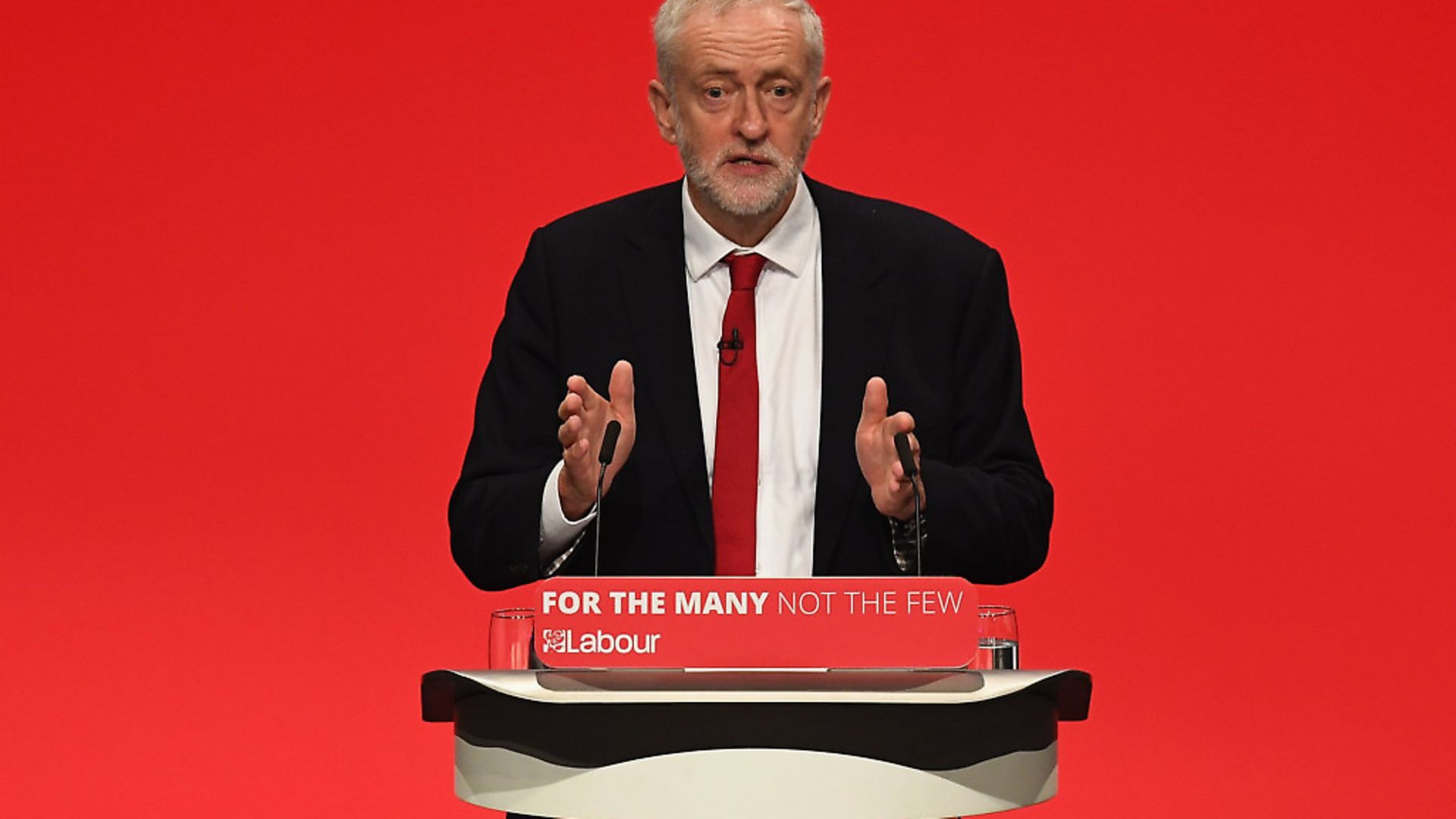
There have always been two compelling practical reasons for the Labour leadership to come out against Brexit: the first is that it would win them votes.
This has always been the case but has, over time, become unarguable. Most constituencies are now Remain (341 to 291). Most Labour members back Remain. Most Labour voters back Remain, and of those who don’t, Brexit is less important as an issue than it is to, say, Conservative voters.
Secondly, there is no real doubt, now, that Brexit has already made us poorer, and in any of its Armageddon scenarios, will make us poorer still when it happens.
To think of the individual effects – £1,000 a year hit to households who do not have it, the impossible spectre of stockpiling to people who are already using food banks – is painful. But the big picture, while less immediately emotional, is galling too: the prospective Labour government has big plans; green investment, renationalisation, an end to punitive welfare reforms and a revivification of public services. I have never been of the stamp that cries ‘unaffordable’ whenever a left-wing party has a bold idea. But in the teeth of a recession, all this really would be a pipe dream.
However, those pragmatic arguments have been made, directly and indirectly, to the party, and cut no ice. A more gut-punch case was that, in choosing to back Brexit – ‘respect the referendum’ – Corbyn’s Labour were pulling a classic Blair: assuming the Remainers were already banked (where else are they going to go?) and putting all their energy into wooing Leavers, just as Blair banked his lefties and hared after the centre ground. I thought ‘you’re behaving exactly like your nemesis’ would be the final word, like telling your missus in an argument that she was acting like her mother. But no.
I believe there to be an elemental moral case for a socialist party to remain in the EU: it started life as a socialist project, after all, per the Ventotene manifesto of the 1940s. Altiero Spinelli – immortalised in the arches of the institution – conceived European federalism as a means of averting all future wars, building solidarity across borders, rolling back nationalistic fervour and fostering equality.
If it didn’t pan out that way, if Jacques Delors’ social chapter was resisted in favour of a market-driven, capital-first Europe, that was because of the UK’s own influence, in the shape of Margaret Thatcher. It needs reform, urgently, to rediscover the nobility of its roots, but we have a duty as the British left to be there to support that.
While all of this is true, it is all either too pragmatic or not pragmatic enough to touch the nerve: the electric point at which the issue of Brexit meets the purpose of the remodelled Labour party.
Post-2015 Labour is, above all, an experiment in deeper democracy: reconnecting the members to their own power. That’s what brought the surge in membership to make it the largest in Europe. That’s what has powered it through the endless hostility, from the media, from within its own parliamentary party: the sense that it was embarked on a genuinely new vision for politics, one in which people could join it, and make a difference, and rediscover the purpose of civic engagement.
Labour members are overwhelmingly Remain: all that has been said before. But as the far-right roots of the Brexit project unfold – racist at one end and Singapore-in-the-Channel, free-market fundamentalism at the other – all the sinews of Labour’s institutions strain to resist it. Unions are increasingly alive to the consequences for jobs, for prosperity and for equality.
Momentum members are ever more passionate in their defence of migrant rights. Constituency Labour parties are starting to ask why they would ever throw their support behind a project that was never anything more than the imperialist fantasy of their opponents.
This is why Corbyn should change his mind – not because of the practical matters, that he might lose his first year in power stockpiling insulin when he could be rebuilding the NHS, but because the people who believe most passionately in his vision also believe in solidarity across borders, transnational solutions to global problems, and also not committing a giant act of national self-sabotage to please the likes of Boris Johnson and Jacob Rees-Mogg.
It’s hard to say what is hardest in politics, between changing your mind and being seen to: but Jeremy Corbyn’s leadership has been defined by its readiness to reject the consensus, and do things differently. If anyone could perform that obvious yet daunting act – revising a stance, in the light of new information – it’s him.
Warning: Illegal string offset 'link_id' in /mnt/storage/stage/www/wp-includes/bookmark.php on line 357
Notice: Trying to get property 'link_id' of non-object in /mnt/storage/stage/www/wp-includes/bookmark.php on line 37







